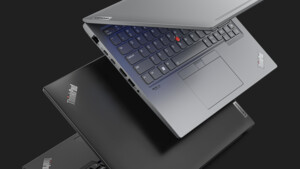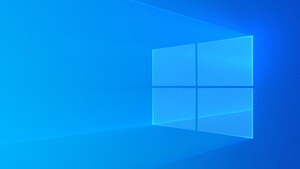hi-tech
Lt. Commander
- Registriert
- Sep. 2006
- Beiträge
- 1.311
Venom54 schrieb:...Du benötigst keinen Cleaninstall. Der Cleaninstall ändert rein Garnichts im vergleich zum Upgrade...
Venom54 schrieb:soviele Infos,ich bin überwältigt. Hopp lass mich an deinem wissen teilhaben
Sorry für die späte Antwort, aber ist ja auch für die Allgemeinheit (und besonders auch für die "Was habt ihr nur alle mit eurem Cleaninstall?"-Fraktion).
Hier mal von howtogeek.com:
"Upgrade vs. Clean Installs on Windows
To a less-experienced user, an upgrade seems like the best type of install. If you want to install Windows 8 on a PC with Windows 7 already on it, you can perform an upgrade installation to bring many of your programs, settings, and files with you rather than reinstalling your programs, changing your computer settings, and copying over your files when you’re done.
In theory, an upgrade will save you time because you can skip much of the set-up work afterwards. In practice, upgrades have often caused problems. When you perform a clean installation, you get a fresh copy of Windows without any clutter. When you upgrade, Windows must attempt to bring your programs and settings with you. You won’t end up with a clean copy of Windows – you’ll end up with the latest version of Windows with your old programs and settings copied over. Files you haven’t used in years, registry entries created by long since-uninstalled programs, and other junk will remain on your fresh copy of Windows. Some applications may not be compatible and may be uninstalled during the upgrade process or may not work afterwards – you’ll have to reinstall some things anyway.
Some benchmarks have found that upgrade installs perform more slowly than clean installs, which isn’t surprising. An upgrade install might have old bloatware and startup programs running in the background.
We don’t encourage running a registry cleaner and smart users shouldn’t have to reinstall Windows on a regular basis. However, when you’re switching to a new operating system, it’s the ideal time to start things out on the right foot with a fresh operating system."
Also je länger man sein altes OS benutzt hat desto mehr Altlasten nimmt man mit in das neue System.
Meistens auch Software und Reste von denen man gar nichts weiß, die Speicherplatz, Perfomance, Konsistenz und sogar Sicherheit beeinträchtigen können.
BeneTTon schrieb:Danke das du dir die Mühe gemacht hast, das alles so zusammenzufassen.
Ich hab iwann die Lust verloren, es immer und immer zu erklären, nachdem es hier niemand schafft sich selber im Internet bissl zu informieren!
Wurde schon öfters gepostet, aber wird nach paar Seiten neuer Posts mit neuen und alten Fragen wieder in Vergessenheit geraten ;D
Zuletzt bearbeitet:




